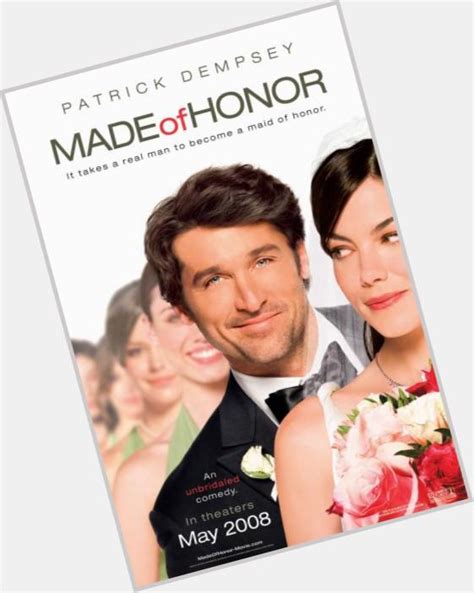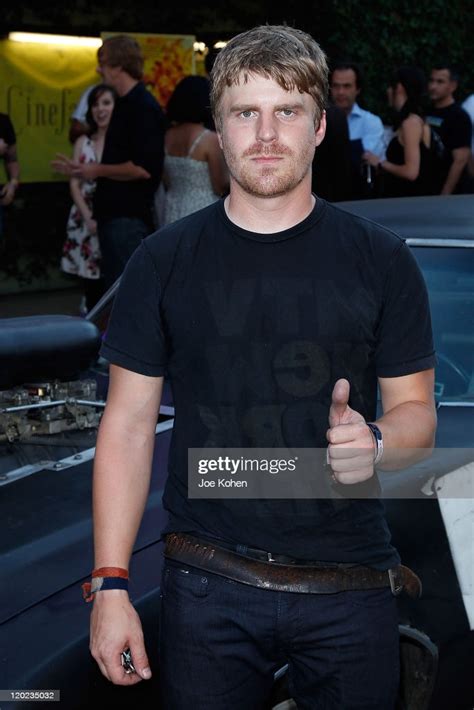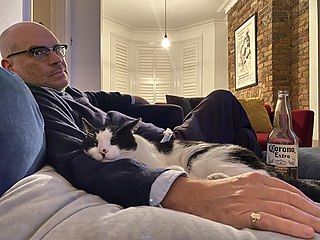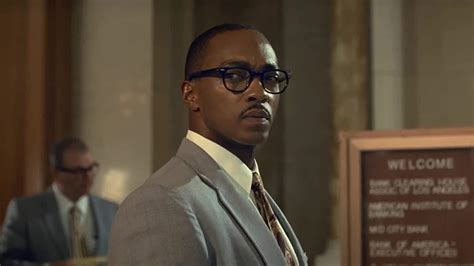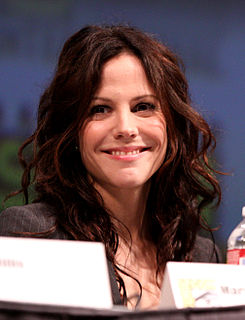A Quote by Channing Tatum
I was terrified to do 'G.I. Joe.' I had no idea how to do one of those movies. I was kind of scared. You know, if one of those doesn't work, it's a huge hit on your career. People are like, 'Well he couldn't make a $170 million movie work. I don't want him in my film.'
Related Quotes
There are two aspects to making movies: One is the feeling of wanting to push myself into stuff that I don't know how to do. Then there's the other impulse to try and earn a living. I want to be careful about not confusing those too much - not that those things can't have a healthy overlap. Plenty of people start out making work that isn't terribly commercial, and then make work that's more commercial but still good. You just want to watch out for that thing where you tell yourself that you're doing your best work when you're not.
The people who've done well within the [Hollywood] system are the people whose instincts, whose desires [are in natural alignement with those of the producers] - who want to make the kind of movies that producers want to produce. People who don't succeed - people who've had long, bad times; like [Jean] Renoir, for example, who I think was the best director, ever - are the people who didn't want to make the kind of pictures that producers want to make. Producers didn't want to make a Renoir picture, even if it was a success.
The thing with America is that... however you want to denigrate them for being crass or whatever, with a film that they like and think is well written, well-made and is popular, they actually want to work with those people and want to follow that, whereas I've had nothing coming in from the UK... nothing at all. Whether that sums up the state of the industry now, I don't know. But it's strange.
I think these are such different films that it's hard to compare, because with Quentin we were all just like, it was like a party every day, you know, it was like that film was just like silly, it was just really for fun, it was really, it wasn't, you know, to make a huge impact. I t was just we wanted to have fun and go to work every day and do a fun movie. And this is like huge, I mean, this is like huge studio film, there's a ton of action, it's like really hard work.
The thing that I think a director has to have in order to make a movie really work, and to certainly make a film that feels personal, is that you have to have a sense of the feeling that you want to create in people, the tone which you want to tell the story, and the basic themes you want to come out. You can't compromise on those because you are then not making the movie that you are going to be good at telling.
Yeah, when you work with somebody that famous everybody wants to know what are they like or - but I know some of the movies that I know because they're more like NOBODY'S FOOL or like that, because I don't really watch the big R movies, I haven't really seen them so much. I loved him [Bruce Willis] from his TV show and some of the smaller movies he's done. The bigger movies I start to space out in, like, there just so, I don't really watch those kind of movies so much.
Looking at the huge number of transgender women of color who have been murdered since the beginning of the year - that we know of - the number has reached seven or eight at this point, maybe even nine, since the start of 2015. The number of those women involved in sex work is not a piece that gets lifted up in news reports. Sometimes people want to bury that, because they don't want to say anything that might make it seem as though those women were asking for it. We're still living with the idea that sex work somehow marks people as acceptable targets for violence.
I think a lot of people go into filmmaking thinking, "How can I make a career?" And so when they make their first film, they make it thinking, "Well, this'll be the one that gets me to the place where I can make the second film the way I want to make it, and that'll get me to the place where I can make $100 million on the third film." And I thought, "Well, if I put sustainability at the bottom of my priority list, then what opportunities is that going to free me up to pursue?" And that's what I've always done.

